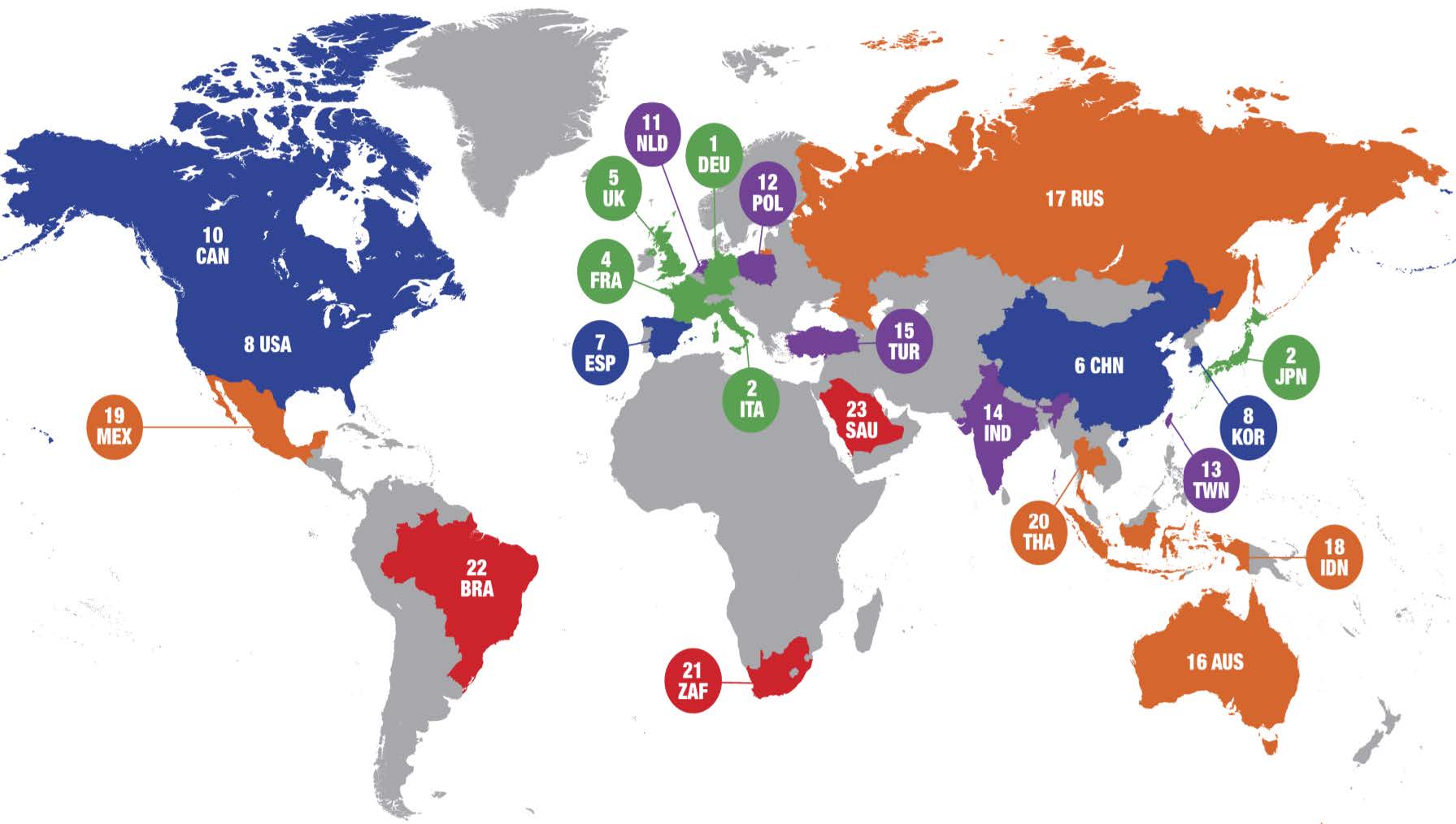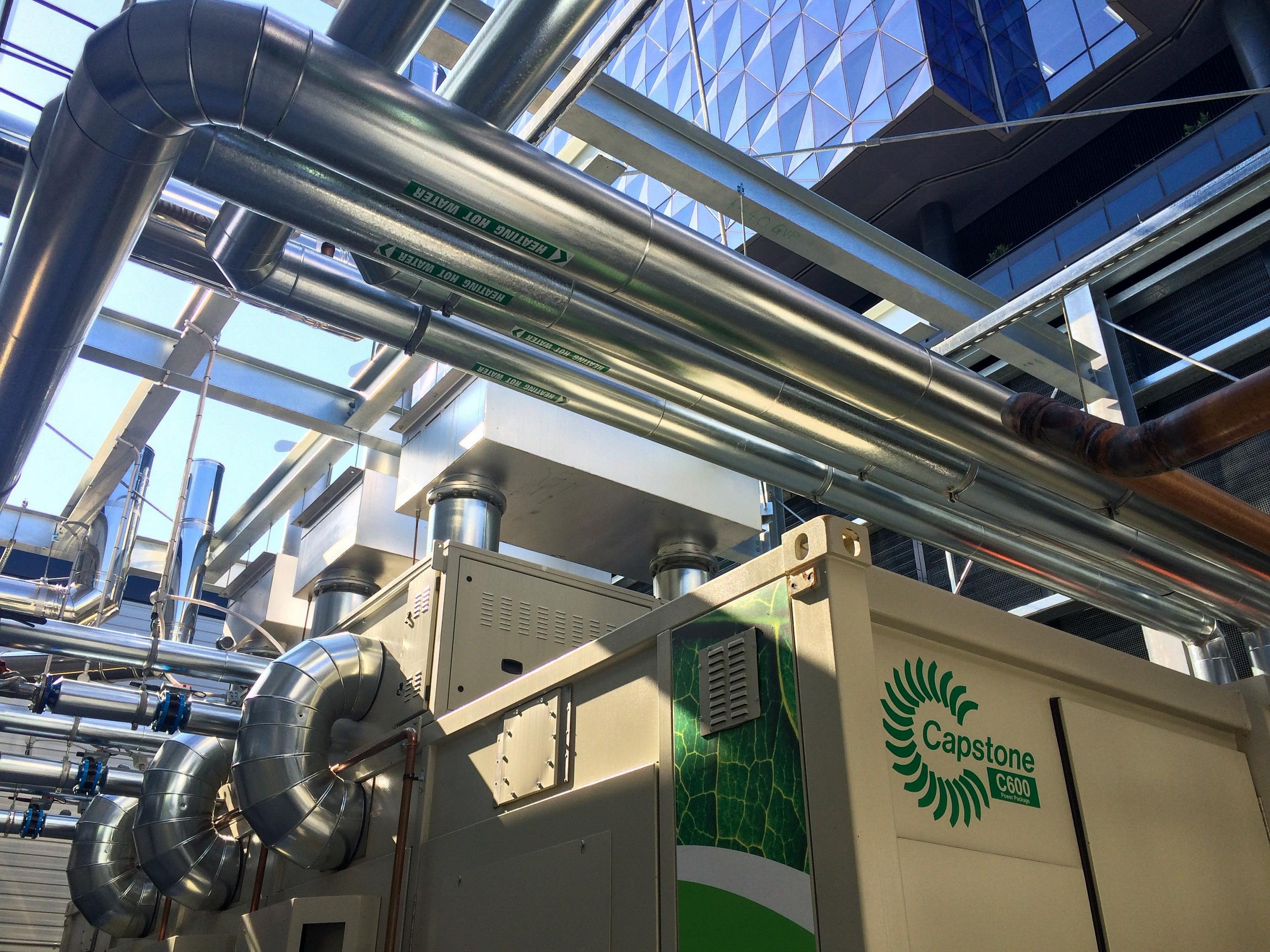Australia may be first in the world with it comes to sports like swimming and the rugby sevens, but when it comes to something far more important like energy efficiency, we are significantly lagging. In a recent report by the American Council for an Energy-Efficient Economy (ACEEE), our nation was ranked 16th out of 23 countries.

This appraisal, the 2016 International Energy Efficiency Scorecard, took into account both energy efficiencies and policies of 23 of the global top energy-consuming countries by using 35 metrics.
Moving towards proactive efficiency
When looking at policy directed specifically at the government, as outlined in the Department of Environment and Water Resources Energy Efficiency in Government document, the guidelines state that minimum energy performance standards are to be capped at a minimum of 4.5 stars on the Australian Building Greenhouse Rating - or an equivalent scheme like NABERS or Green Star.
Initiatives like the Green Star rating system work on a scale that measures efficiency through the implementation of sustainability measures as well as projects or buildings that are moving beyond standard practice - that have a forward-thinking, proactive approach.
For example, in a Melbourne University report that outlines the reasons why a Green Star rating of CH2 was commissioned - part of this particular project's proactive approach to energy efficiency was to implement cogeneration via gas micro-turbines and absorption chillers.
Australia is lagging behind in energy efficiency.
The government mandate to be energy efficient is encouraging, and it is somewhat reflected in building energy efficiencies outside of the public sector. In a recent press release, the Energy Efficiency Council's Chief Executive Officer Luke Menzel explained that, when it came to specific aspects of Australia's efficiency, it wasn't all bad news.
"Australia's performance on building efficiency is reasonable, ranking 9th out of 23 countries. This is due to sensible rules that protect businesses by requiring office owners to advertise how efficient their buildings are when they sell and lease them," said Mr Menzel.
 Our energy-efficient solution (combined heat, power and cooling) helped several towers in Collins Square achieve 5-star NABERS efficiency ratings.
Our energy-efficient solution (combined heat, power and cooling) helped several towers in Collins Square achieve 5-star NABERS efficiency ratings.
What are the risks and subsequent recommendations?
There are many risks when it comes to having poor energy efficiency, especially within an industrialised nation the size of Australia. According to the ACEEE report, bad energy efficiency not only increases energy bills for individuals and businesses, it also increases mortality rates during cold and hot weather. This figure was put at by the report as 3000 Australians per annum.
The ACEEE report found that throughout all the countries analysed, there were large opportunities for improvement and that the low-scoring countries weren't operating an optimum efficiency within their means.
Australia was given a score of 1 (on a scale of 0-5, 0 being the lowest score for spending on energy efficiency) with per capita spending of US$8.41 over the course of 2013. When comparing this to Germany, which had a score of 5 and a per capita spending of US$318.49, it's easy to see that Australia is lacking.
Building efficiency is an important aspect of total energy efficiency.
Given the country of origin for this study, the recommendations are centred around the States, but they are nonetheless indicative and accurate for Australia, which was 9th on the list when it came to building efficiency - the US was 2nd.
The ACEEE report paints a clear picture of what is needed to improve energy efficiency for all nations. These recommendations centre around improving mandates and encouraging collective goal setting such as establishing national goals, enacting water efficiency policies. improving transparency of energy use, expanding the scope of voluntary agreements and increasing industry workforce development.
